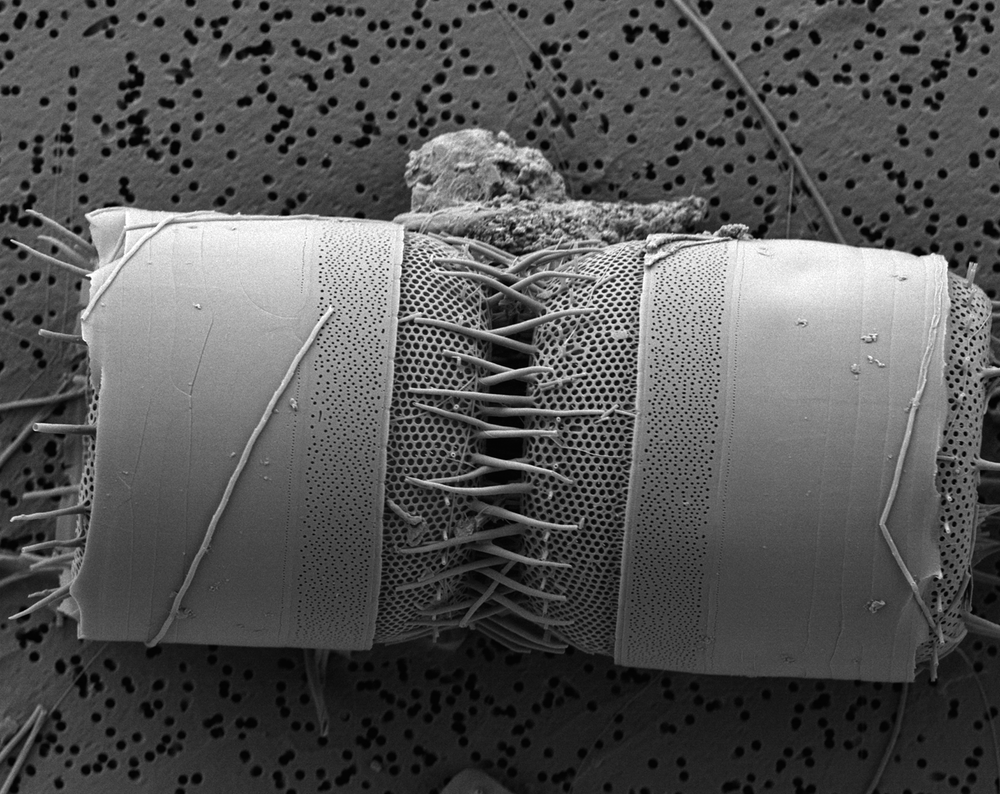From this Article in The Conversation by Katherina Petrou and Daniel Nielson, August 27, 2019:

Increasingly acidic oceans are putting algae at risk, threatening the foundation of the entire marine food web.
Many species affected are also an important component of the diet of the Antarctic krill, which is central to the Antarctic marine food web.
Our research into the effects of CO?-induced changes to microscopic ocean algae – called phytoplankton – was published today in Nature Climate Change. It has uncovered a previously unrecognised threat from ocean acidification.
In our study we discovered increased seawater acidity reduced Antarctic phytoplanktons’ ability to build strong cell walls, making them smaller and less effective at storing carbon. At current rates of seawater acidification, we could see this effect before the end of the century.

